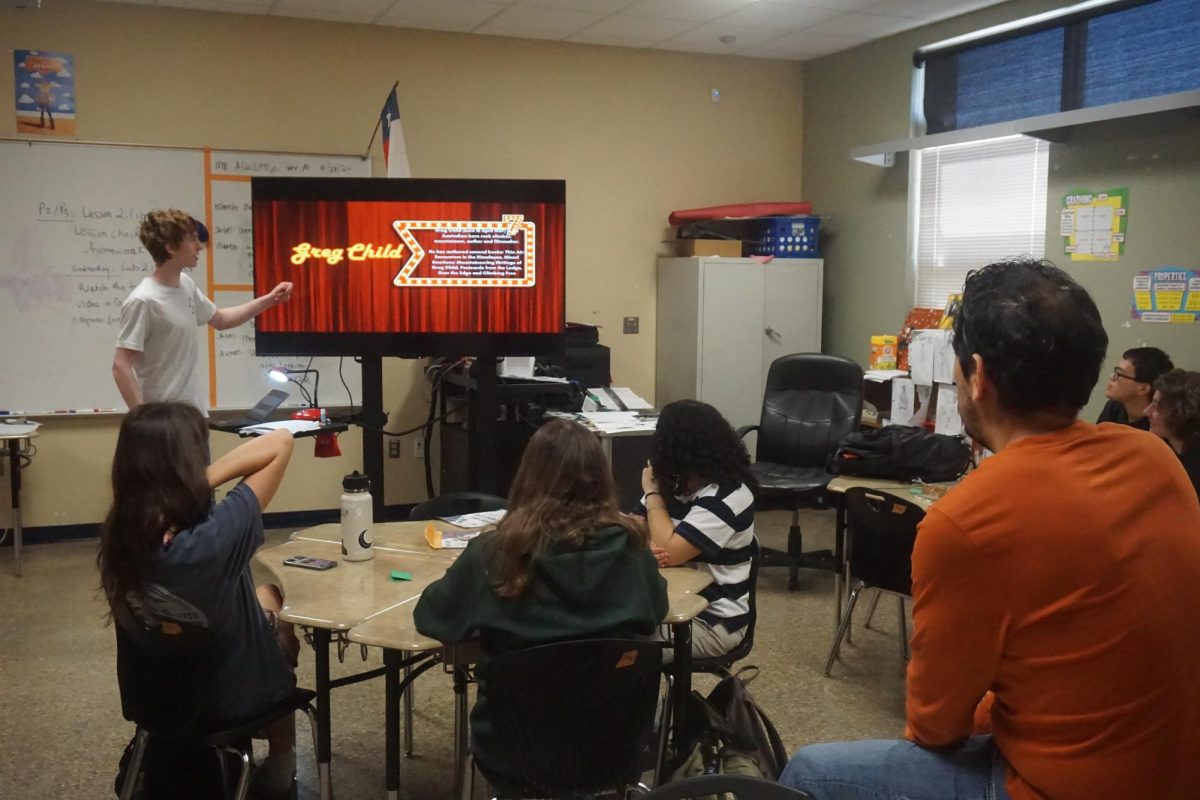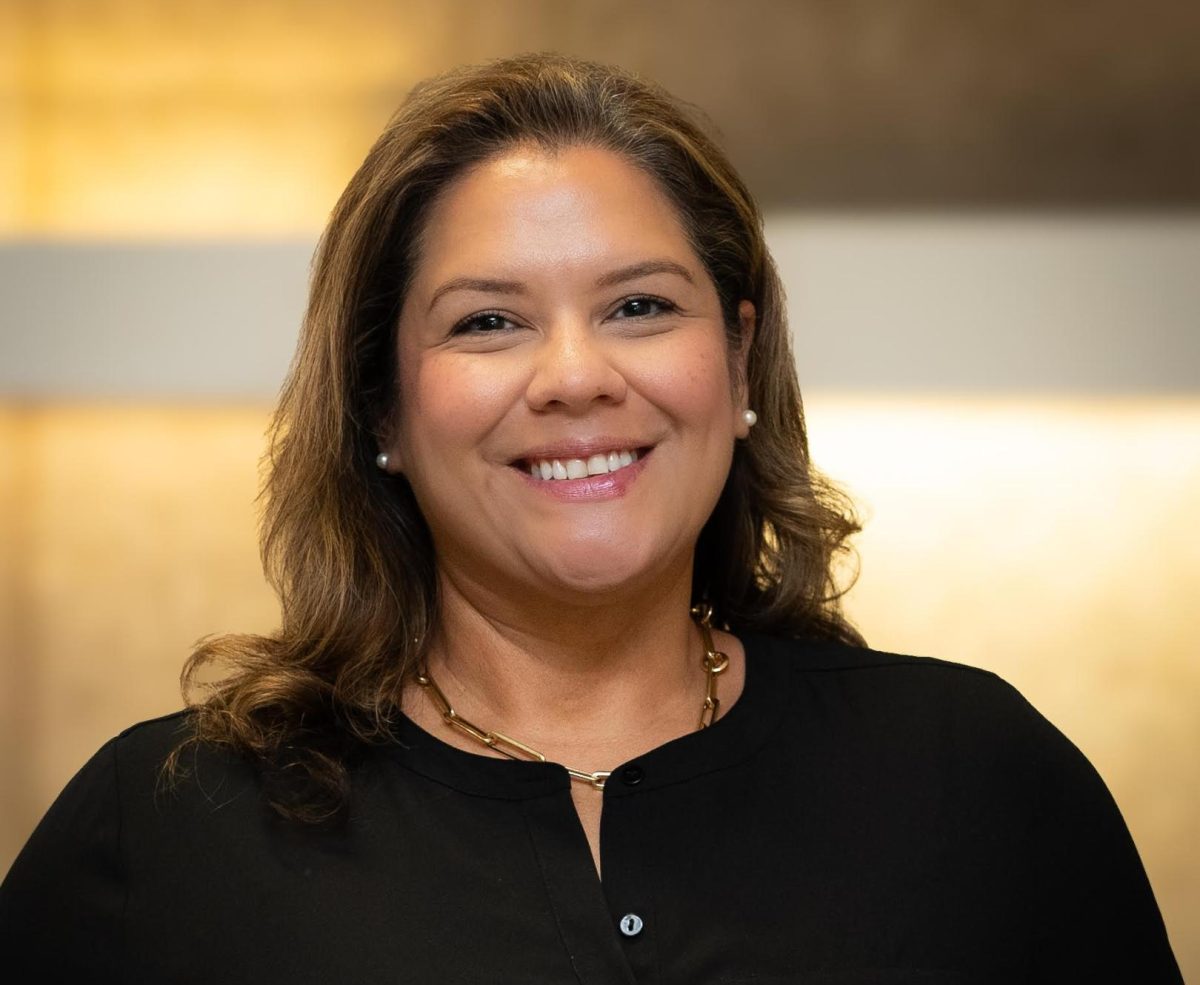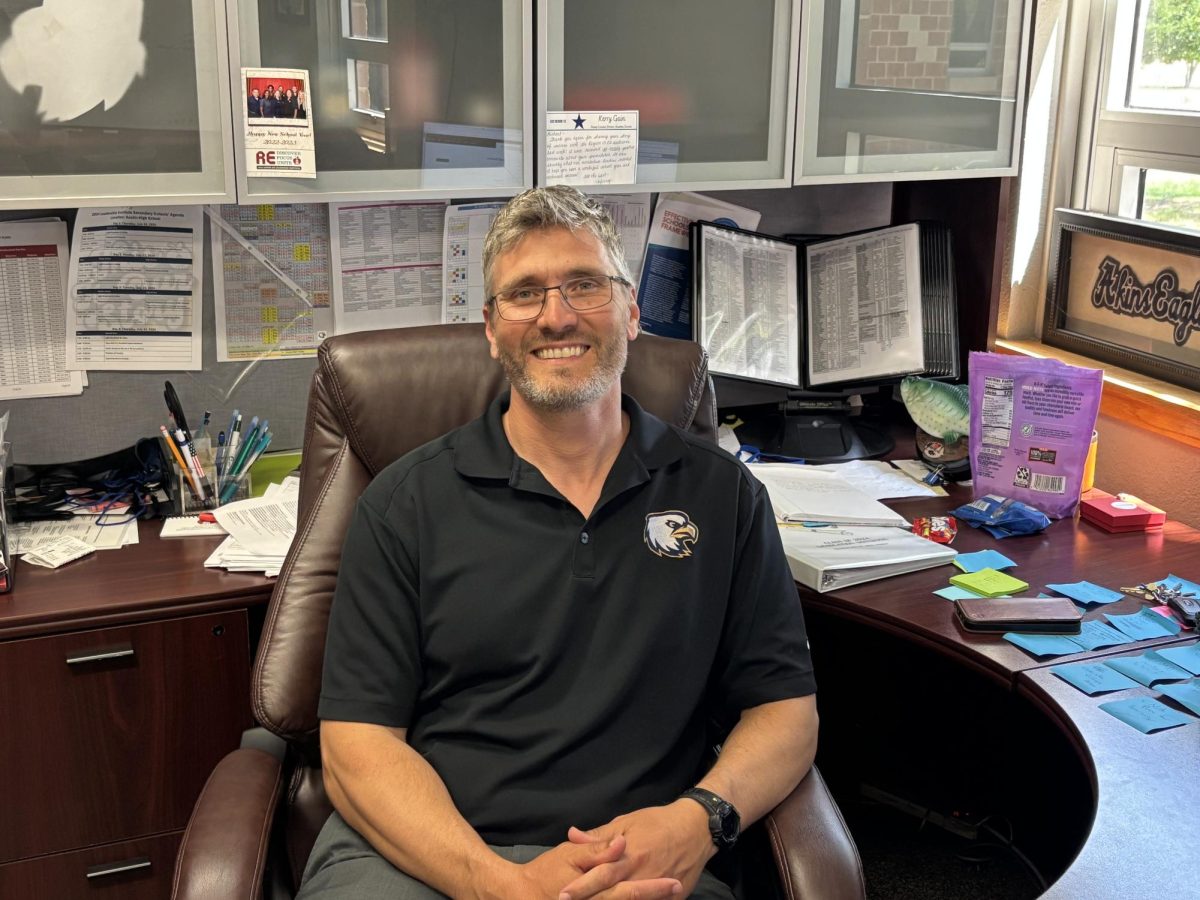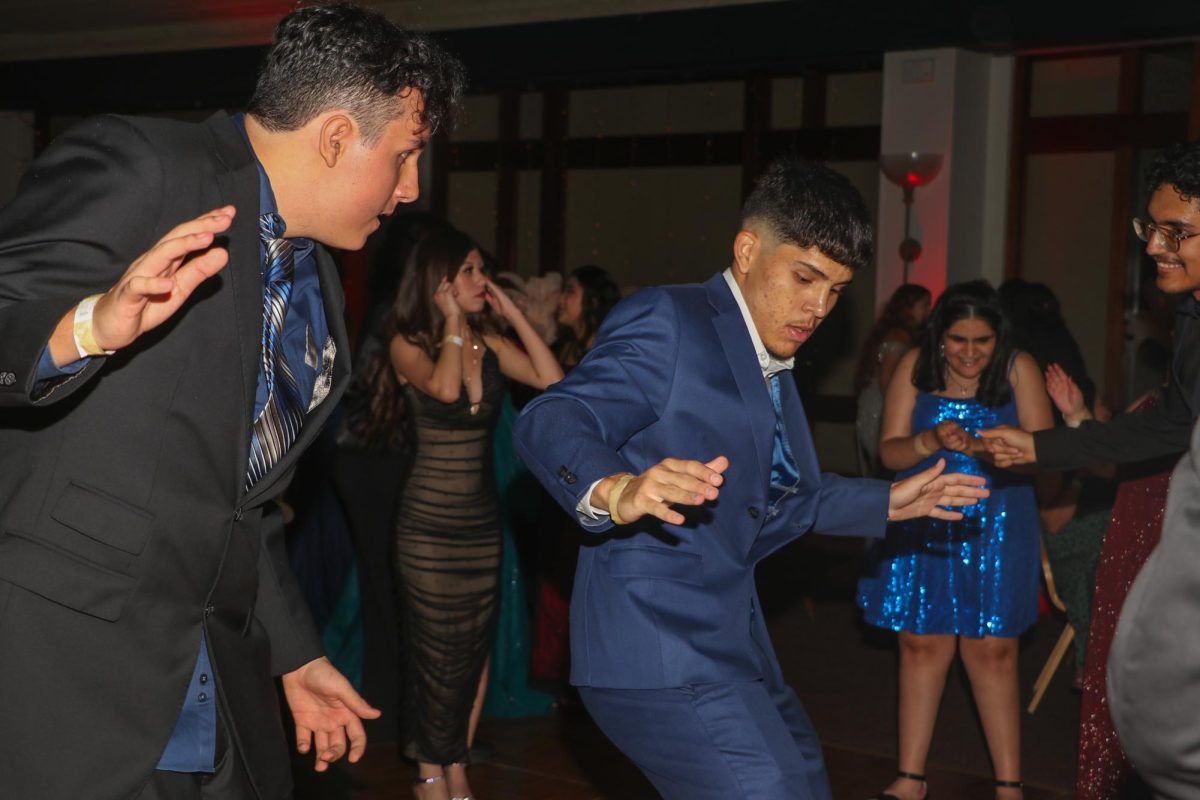It turns out that offering high school students the opportunity to make their own choices about their education is a lot harder than it seems.
That’s what administrators and teachers discovered this year as they debated how to set rules for the 30-minute class period during the middle of the school day known as Eagle Time.
Since 2015, Akins has offered students a period known as Flexible Instruction Time during this time on most days except for Mondays when students attend an Advisory class, which is a homeroom assignment for students in each grade level. Students used to sign up to go to a FIT session using an online portal that enabled students to choose which teachers’ rooms they went to during the period. However, some students were also assigned to attend certain teachers’ tutoring sessions at this time for various reasons.
Because students were allowed to choose their FIT sessions, the program’s success has been mixed over the years. , especially since in-person classes resumed after the COVID-19 pandemic. While students have taken advantage of the opportunities provided by the FIT period — such as turning in missing work, attending tutorials, and getting involved in clubs and other competitive programs — other students chose less productive activities during this time.
Because of poor attendance and problems with students who left campus or hid in bathrooms during FIT, the administrators decided to make changes to the rules for this period, which is now known as Eagle Time.
Akins Principal Michael Herbin said on most days last school year, only about half of the students at Akins were actually signing up for a FIT session.
Herbin said this created big safety problems, including the difficulty it caused when trying to locate students during Eagle Time if they were not signing up for FIT sessions. When the contract for the online FIT portal ended last year it gave the administration an opportunity to rethink how the school handles Eagle Time and Flexible Instruction Time.
During the summer, the campus leadership team talked through several options and were considering a rotation schedule. Ultimately, there was not enough support for the system and many staff members expressed concern that the transitions between classes would be challenging with students going to a new place every day, said assistant principal Melinda Van Horn.
Using this feedback, the administration decided that it would be best for students to remain in advisory for the sake of consistency and to allow for the roll out of a written pass system that would initially only allow students to go to their core classes during Eagle Time.
“The goal is that if we can get most kids getting to their advisory on time and following directions, we can open up some flexibility and student choice,” Van Horn wrote in an email.
While the campus leadership team debated how to set up the rules and the pass system, students remained in their advisory classes for the first four weeks of the school year. During the fifth week of school, students were allowed to get passes from their core teachers to go to their classes for tutoring.
During the first week passes were allowed for core classes, students in elective classes or those who participated in extracurricular activities or club meetings during Eagle Time last year said they were concerned about the impact not being able to meet during the school day would have on their programs and student organization involvement. Some teachers said they felt like students were missing out on opportunities that they had last year because of the new rules about Eagle Time, which kept most students in their Advisory classes all week unless they had a pass to go to a core class.
Clubs like the Gender-Sexuality Alliance and Academic UIL coaches were unable to meet with their members as they had done in previous years.
Computer science teacher Kyle Mueting, who coaches the campus UIL computer science team, said he was worried about his students falling behind other schools. Last year, he said he would meet on a weekly basis with his team, practicing and going over relevant concepts.
“But now we don’t have that time to meet during the school day, which is going to severely impact our ability to feel prepared for participation (in UIL competition),” Mueting said.
Mueting said the issues surrounding Eagle Time are complex and that he understands that not all students were taking advantage of the opportunities of the previous FIT system in a way that benefited their education.
However, after about a week of input from teachers and students, including an online petition to restore FIT, campus administrators said they would permit a test run of allowing non-core teachers to write passes to students to leave their Advisory classes to attend tutoring and other extracurricular activities during Eagle Time.
Van Horn said she hopes that the school can get to the point where it is offering lots of options for students during Eagle Time based on student needs and interests.
“Obviously, academics come first, so getting needed tutoring or extra time to complete assignments is our current focus,” she wrote. “We also want to start offering prep sessions for EOC, TSI, and AP/OnRamps as well as giving clubs and extracurriculars time to meet and practice.”
Van Horn said a successful Eagle Time period includes all students being in a classroom room by the time the bell rings with greater student participation in tutoring and extracurriculars.
“In a perfect world I’d love for a majority of students to be somewhere other than their advisory, as long as it’s not (off campus) or hiding in a restroom,” she wrote.















